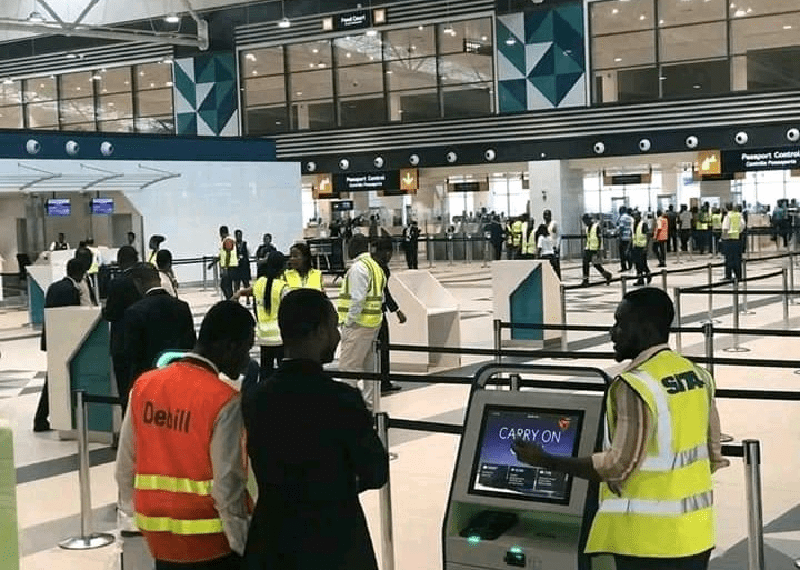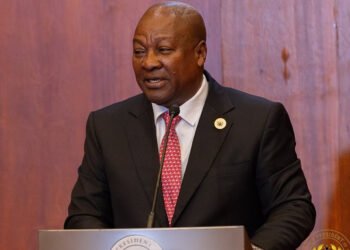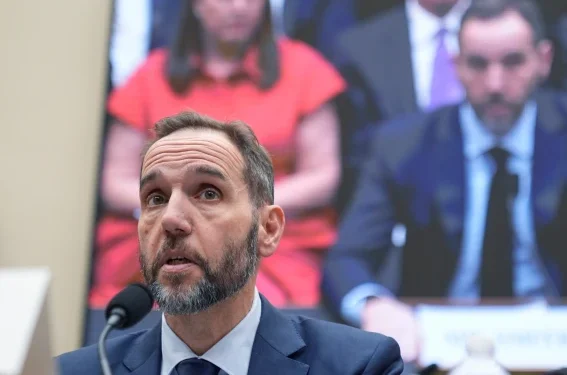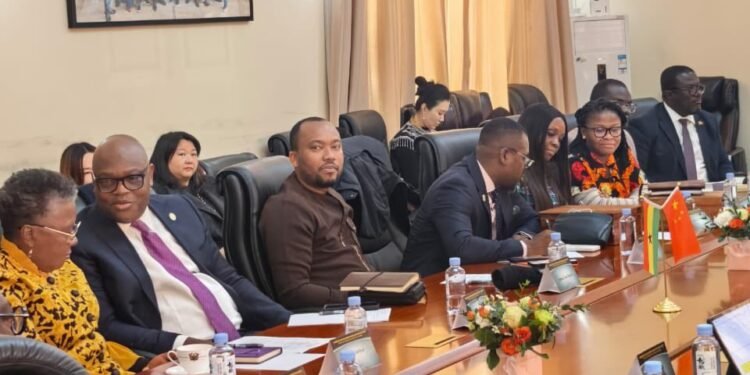In a sharp critique of Ghana’s aviation policies and management, Selorm Branttie, Vice President of the IMANI Centre for Policy and Education, has called attention to systemic failures that have undermined the country’s once-promising position in African aviation.
His remarks underscored how high taxes, exorbitant fuel prices, and poor strategic decisions have grounded Ghana’s aviation ambitions.
“Now, let me tell you something about why Ghanaian aviation is a problem: THE taxes and landing charges and associated charges are too high. Our jet fuel is one of the most expensive in the region”.
Selorm Branttie, Vice President of IMANI Centre for Policy and Education
This pricing strategy, he argued, discourages both domestic and international operators from choosing Ghana as a viable aviation hub. A glaring example of Ghana’s missteps, according to Branttie, was the decision to forgo a partnership with Ethiopian Airlines, one of the continent’s most successful carriers.
He pointed out that Ethiopian Airlines went on to partner with Togo’s ASKY Airlines, establishing Lome as a major West African hub, adding that today, ASKY operates with Ethiopian-registered aircraft, a missed opportunity Selorm Branttie attributed to poor decision-making and misplaced priorities.
Ghana Airways: A Case Study in Sentimental Mismanagement
Selorm Branttie further highlighted the sentimental and short-sighted policies that led to the collapse of Ghana Airways, once a pioneer in African aviation.
He contrasted the disciplined management of global airlines like Emirates with Ghana’s approach, arguing that such inefficiencies would not be tolerated in competitive global markets.
“Those guys don’t joke. One delay can cause the rerouting of possibly 40 flights. We don’t seem to understand aviation which is sad because we were African pioneers”, he emphasized, pointing to a lack of understanding and seriousness in managing aviation logistics in Ghana.

In a pointed jab, Selorm Branttie questioned the relevance of the creation of the Ministry of Aviation under the first term of the ruling government, remarking on the suspension of its website as a metaphor for its ineffectiveness.
The creation of such a ministry, he suggested, is emblematic of a governance structure riddled with inefficiency and redundancy.
E-Gates: A Symbol of Cronyism and Waste
Bright Simons added another layer to the discourse by highlighting wasteful spending in airport management. He pointed out that the E-Gate project at the Kotoka International Airport awarded through sole-sourcing to Margins, Ghana’s private monopoly ID provider, exemplifies the misuse of public resources.
Bright Simons revealed that the project has been “repackaged thrice to favour crony contractors,” underscoring how international development funds, such as those from the World Bank, are often squandered.
He questioned the broader issue of accountability in Ghanaian public finance management. “As I keep saying, accountability is a marathon. One day, one day,” he added, hinting at the eventual reckoning for such practices.

Selorm Branttie’s critique coupled with insights from Bright Simons, on wasteful practices at the Kotoka International Airport, paints a grim picture of mismanagement and missed opportunities in a critical sector.
Despite years of successive government much-touted investment within the sector, Ghana, once a trailblazer in African aviation, now struggles with inefficiencies, alleged cronyism, and a lack of strategic vision.
For a country strategically positioned as a potential hub for West African air traffic, these challenges represent not just missed economic opportunities but also a significant blow to its national pride.
Addressing these issues requires more than just rhetoric—it demands transformational and systemic policy reforms, greater transparency, and a commitment to accountability in governance.
READ ALSO: Regulatory Consistency Key to Ghana’s Petroleum Sector Growth























